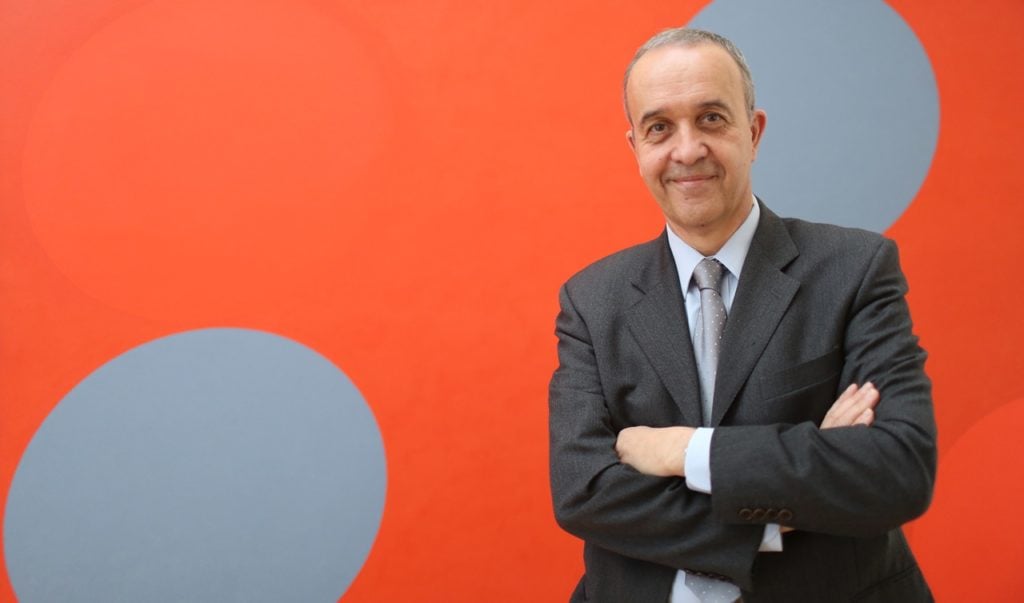People
Clark Art Institute Taps Dallas Museum Curator Olivier Meslay as New Director
He was previously a longtime curator at the Louvre.

He was previously a longtime curator at the Louvre.

Brian Boucher

Curator and museum administrator Olivier Meslay has been named director of the Clark Art Institute, the museum and research center in Williamstown, Massachusetts. Meslay has been associate director of curatorial affairs and senior curator of European and American art at the Dallas Museum of Art (DMA) since 2012.
“The Clark Art Institute has always been, for me, a unique institution blending in perfect balance a refined, strong, and seductive museum; a forum shaping the present and the future of art history through its Research and Academic Program; and a teaching institution thanks to its unique partnership with the Williams College Graduate Program in the History of Art,” said Meslay. (Full disclosure: I attended the graduate program.)
Meslay was also interim director of the DMA from 2011–2012, when the museum hired Maxwell Anderson as its head. In that capacity, he supervised a staff of 250. He has been behind the museum’s acquisition of works by artists including Gustave Caillebotte, Ernst Ludwig Kirchner, Paul Signac, and Edouard Vuillard.
He signed on in Dallas after some 17 years at the Louvre Museum. There, he had served in several positions: curator in charge of British, American and Spanish paintings; chief curator of Louvre Atlanta, a collaboration with the High Museum of Art; and chief curator in charge of the Louvre’s outpost in Lens, France. He organized exhibitions of artists including William Hogarth and John Constable.
Meslay succeeds Michael Conforti, who retired in 2015 after more than two decades in the post. Conforti oversaw a $145-million expansion by Japanese architect Tadao Ando, which opened in summer 2014. Francis Oakley has served as interim director.
The Clark boasts a collection of more than 9,000 works, including over 30 canvases by Pierre-Auguste Renoir and works by Edgar Degas, Piero della Francesca, Winslow Homer, and John Singer Sargent, along with extensive holdings of decorative arts. It was founded in 1950 by Singer sewing machine heir Sterling Clark and his wife Francine.